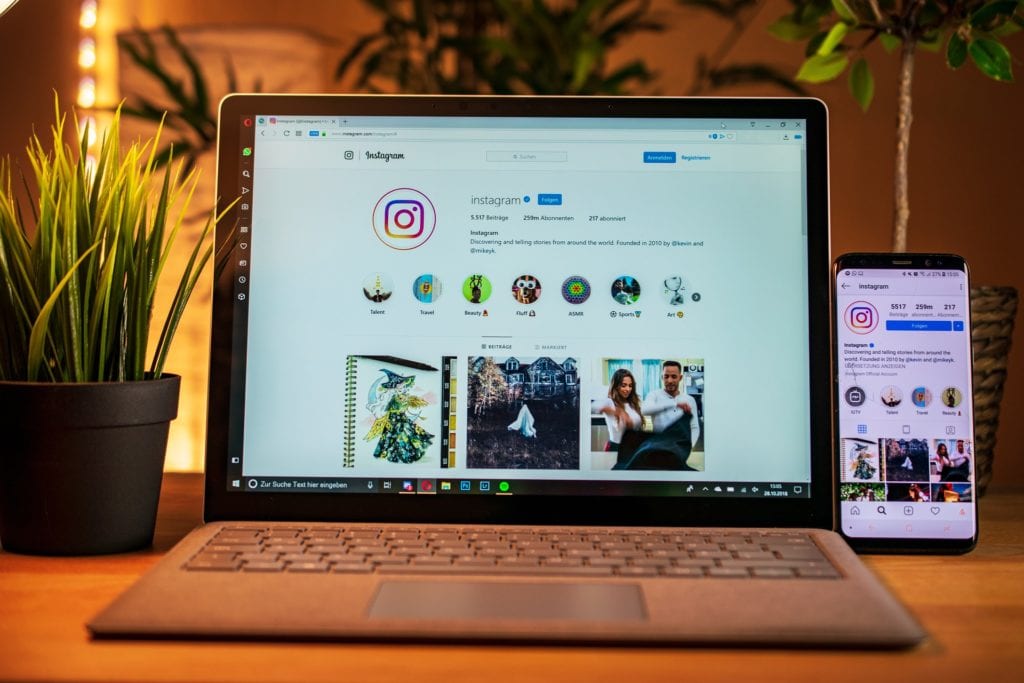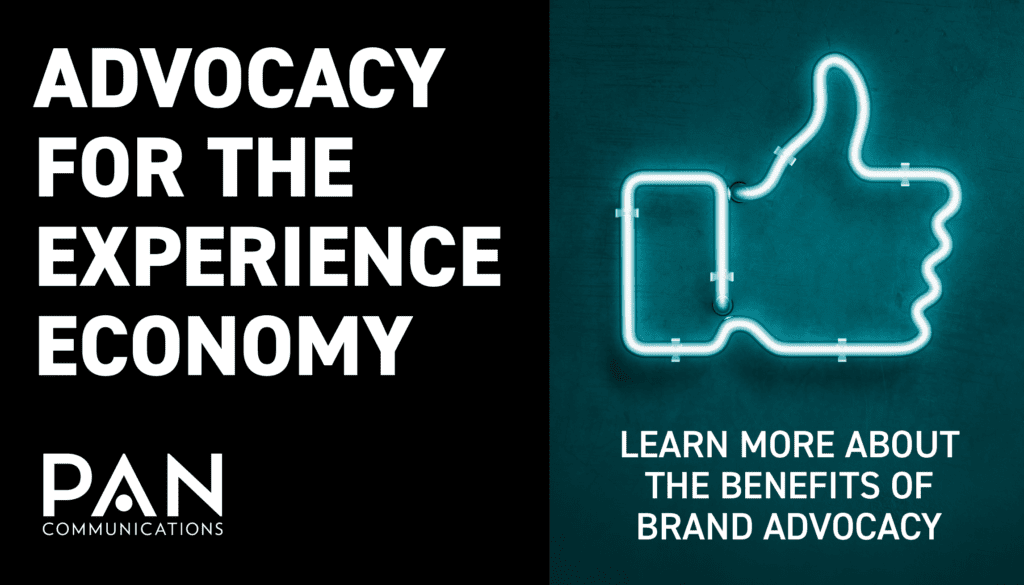Advocacy marketing continues to be an emerging trend, something that many brands have been able to execute successfully. Its impact isn’t lost on savvy B2B marketers. In fact, 86% of marketers today use influencer marketing to boost their content marketing strategies.
Many tactics used by marketers work with influencers as well as more traditional audiences. Given the growing role of influencers in a well-rounded marketing campaign, advocacy marketing must include them as well. Here’s why:
Advocacy marketing is all about finding people who will support and promote your brand. You may already have a strong advocacy program with your employees. Now it’s time to look beyond your internal community and find like-minded influencers who can attract more of your target audience to your brand.
Consider influencer marketing to be the 21st-century answer to celebrity endorsements. However, there’s more science and data in the mix with influencer marketing. It’s a true shift away from traditional PR and can elevate any brand’s integrated communications strategy.
Let’s look at some key areas of advocacy marketing with influencers and why it’s something you should embrace in your content marketing plan.

Influencer Marketing Can Return a Large ROI
According to one poll, businesses reported that they made an average of $6.50 for every dollar spent on influencer marketing. That sounds pretty impressive, but it’s how you spend that $1 that matters. You can’t simply contact a few influencers and broker a deal for them to tweet or post about your product to their large networks. You need an influencer marketing strategy that documents the type of influencer relationships you want to grow.
Influencers Are Driven to Grow their Audience
When considering how you can partner with new influencers, it’s good to keep in mind that they’re motivated to work with brands only when they think they can grow their audience. So, your brand has to be a help to them in some way. This also means that what an influencer can do for you is boost awareness of your brand to their followers.
They most likely won’t drive specific actions like making a purchase. There is, however, a possibility that they could influence purchases, especially if they provide their fans with some kind of special code or offer.
Choose Influencers That Are Trusted
When you begin looking at the possibilities for influencers to represent your brand, start with trust. Large follower numbers and post frequency are good things to know, but ultimately you want to be assured that the influencer’s fans actually trust him or her.
How can you tell if they are trusted? This can be answered by looking at the data available. Dig deep into their social media metrics to understand what happens when the influencer endorses or simply uses a product. Look at any possible conversations or comments about products to determine if followers really trust the word of the influencer.
An Influencer Can Be Anyone
An influencer doesn’t necessarily have to be a celebrity – especially in B2B marketing. What makes them influential is their number of engaged followers on social media platforms and their ability to impact trends or decisions. An influencer can be anybody that makes sense for your target market to follow. If they have specific expertise or are thought leaders, even better.
For example, if you’re a B2B tech company, the right influencer for you could be a well-known cybersecurity expert. If you are a healthcare brand, your ideal influencer could be a well-respected physician. By connecting to an influencer that has experience in your industry, you should be able to attract the right kind of audience to your brand.
Your Audience Is on Social Media, So You Need to Be, Too

One of the best things about advocacy marketing with influencers is that any brand can try it. That’s because, no matter what industry, your buyers on are on some social media channel.
According to the Pew Research Center:
- 68% of online Americans use Facebook
- 29% of online Americans use Pinterest
- 35% of online Americans use Instagram
- 25% of online Americans use LinkedIn
- 24% of online Americans use Twitter
To facilitate an effective influencer marketing strategy, you need to be active on the social media platforms where your customers are. Launching an influencer partnership before ensuring your channels are up and running and aligned with your audience will put you at risk for less engagement from your potential customers.
Consider this: if an influencer retweets one of your tweets about an original blog you wrote on a compelling topic, an engaged follower may click onto your profile. If it seems dormant or inconsistent, they may not keep clicking to read your blog. So, make sure your profile is active.
Ensure It’s a Natural Approach to Influencer Marketing
What do we mean by “natural”? The relationship, even if there is monetary support, needs to appear genuine for it to work. That means that whomever you choose to conduct an influencer relationship with needs to authentically engage with your brand.
If they don’t, it will come through to their followers. Buyers these days who look to influencers for recommendations are smart. They understand that brands work with influencers to promote awareness. However, if the relationship seems to be built on good solid ground, they’ll be able to tell this too, which could lead to them evaluating your brand in new ways.
Influencers Give You a Competitive Advantage
If you want to grow, influencers can give you a competitive advantage. If your competitors aren’t in the influencer game, then having a trusted face talk about your brand is sure to set you apart. You can reach new audiences as well, allowing you to enter markets where your competitors aren’t.
This competitive advantage could be the boost you need to take over more market share and increase your brand’s value.
Taking the Next Step: Get Started with Influencer Marketing
If you are ready to develop your influencer marketing plan, then you’ll want to read PAN’s eBook, “The Power of Voice.” For additional advocacy marketing resources, download our most recent eBook “Advocacy for the Experience Economy” to learn how to develop a successful strategy today.



